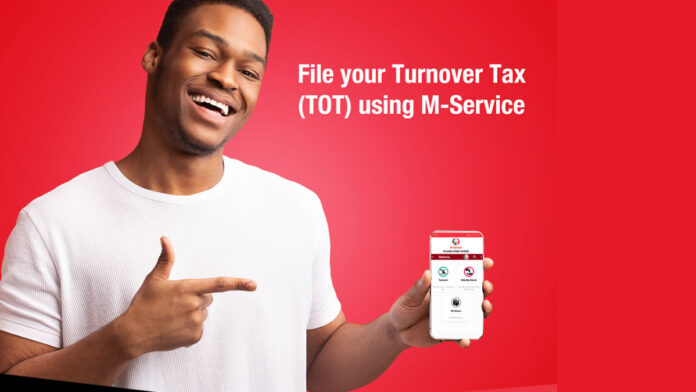The Kenyan government has taken steps to tame rogue entities in the betting sector by implementing far-reaching changes to the way taxes are collected. Through the Kenya Revenue Authority (KRA), the state has completed a pilot program that interlinks its tax system with the betting sector allowing for real-time computation of taxes on betting, gaming, and lottery as well as on winnings collected from punters every day.
The development is part of KRA’s digital strategy aimed at enhancing tax compliance and to capture a significant share of the billions generated from the gambling industry. The KRA has integrated its systems with around seven sports gaming firms, with the objective of eliminating the tax leakages that were intensified by the 30-day time lag..
Previously, all taxes were paid after 30 days, but as of now, betting companies are required to remit taxes they collect every day by 1am when many Kenyans stop betting. SportPesa, one of the sports gaming companies that piloted the interlink, confirmed that they are already paying taxes and that the KRA can see the transactions because the systems are interlinked.
Following the pilot, KRA sought to connect its systems to an additional seven firms, with the consequence of shutdown for those who did not comply. It ganered Sh5.67 billion in withholding tax from winning bets during the period, indicating a 19% decrease from the previous year’s Sh7.09 billion. This decline can be explained by either a decrease in winnings or a reduction in the amount of bets placed.
The government has also reintroduced a 7.5% tax on every betting stake, meaning that for every Sh100 staked, the government takes Sh7.5. Data from KRA shows that tax on gross gaming revenue increased by 13% to Sh3.294 billion in the year ending June, compared to Sh2.907 billion the previous year. The KRA estimated it would collect Sh15 billion from betting, lottery and gaming.
Gambling is very popular among Kenyan youths, with some using easy-to-access digital loans to fund their betting addiction. The unemployed have also turned to gambling as a means of potentially striking it rich and paying their daily bills. Safaricom’s data revealed that in the year ending March, Sh169 billion was transacted via M-Pesa for betting purposes, which translates to Sh469 million per day. This highlights the scale of the gambling habit that led to stricter regulations and increased taxation.
The tax agency is transitioning traders to a new register that has capabilities to capture and sends all transactions, particularly invoices, to the taxman in real time as a new strategy to detect tax evaders. The authority exceeded its target for the Financial Year 2021/22 and has been facing pressure from the new administration of President William Ruto to improve its collections in the current and subsequent fiscal years.


Why don’t you ask kra why they let the intern who developed that system go without a counter offer